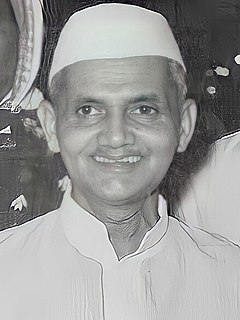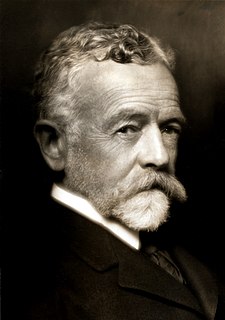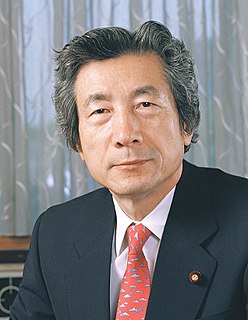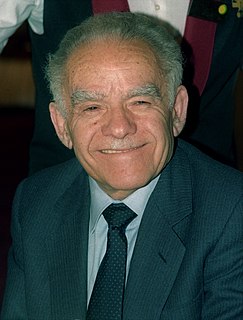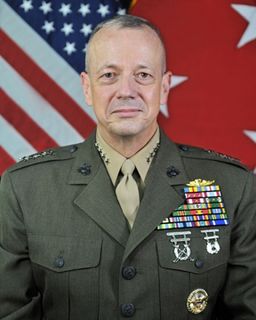A Quote by Lal Bahadur Shastri
Non-alignment will continue to be the fundamental basis of our approach to world problems and our relations with other countries.
Related Quotes
Conversations are efforts toward good relations. They are an elementary form of reciprocity. They are the exercise of our love for each other. They are the enemies of our loneliness, our doubt, our anxiety, our tendencies to abdicate. To continue to be in good conversation over our enormous and terrifying problems is to be calling out to each other in the night. If we attend with imagination and devotion to our conversations, we will find what we need; and someone among us will act—it does not matter whom—and we will survive.
Relations between the United States and other countries, and our role as a global leader, are advanced by our willingness to help other countries in need. Foreign aid is essential to protecting U.S. interests around the world, and it is also a moral responsibility of the wealthiest, most powerful nation.
I don't expect that the president-elect [Donald Trump] will follow exactly our blueprint or our approach, but my hope is that he does not simply take a real-politic approach and suggest that, you know, if we just cut some deals with Russia, even if it hurts people or even if it violates international norms, or even if it leaves smaller countries vulnerable or creates long-term problems in regions like Syria, that we just do whatever is convenient at the time.
In all the thrashing about that results from our dwindling gold reserves, it's about time that this country and other countries get some perspective on the situation. The day this country is out of the stuff, that day gold becomes what it's worth as a metal and no longer will have much significance as a monetary measurement. It isn't the gold we have that makes this nation rich. It's what we make, our knowhow, our productivity. So long as this country produces more and better, the world will continue to want what we make.
We could only solve our problems by cooperating with other countries. It would have been paradoxical not to cooperate. And therefore we needed to put an end to the Iron Curtain, to change the nature of international relations, to rid them of ideological confrontation, and particularly to end the arms race.
